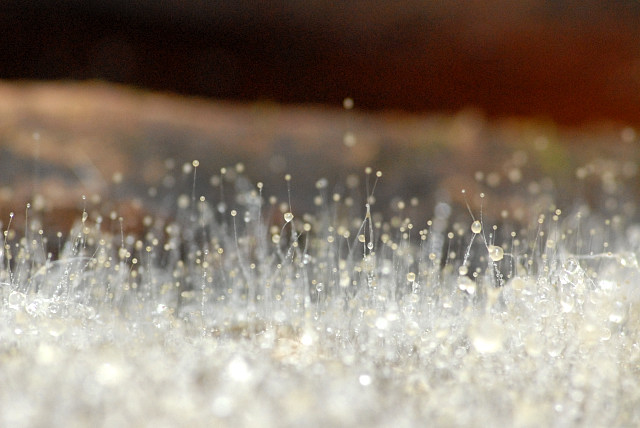Rinse & rePeat
Member
- Joined
- Mar 10, 2021
- Messages
- 21,516
Me too! The grains, beans and potatoes give me achy legs at night, which makes sleeping so uncomfortable. Unfortunately oranges are high in oxalates too, so I have maybe 4 or 5 of them squeezed and strained every other day or three.I’ve been following low oxalate for about 7 months and it’s resolved multiple issues for me. It’s truly one of the best things I’ve stumbled upon. I think my early success with Peat was due in part to a diet of mostly fruit and dairy being naturally low oxalate.



